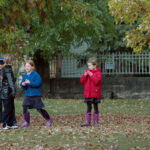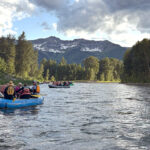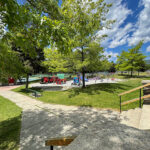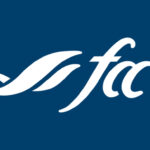Home »

Progress, partnerships, and problems highlighted
With the theme Partnering for Solutions, the East Kootenay Invasive Species Council’s 2017 Annual Forum and General Meeting opened with Kootenay-Columbia MP Wayne Stetski saying “invasive weeds are potentially one of the major threats to our environment.”

“I am concerned by what I see in the region (64,000 sq km),” Stetski said. “It’s going to take all of us working together. “We live in a world class place, and if we don’t eradicate invasives, we won’t be world class.”
Stetski said the new Regional District of East Kootenay (RDEK) program to help landowners deal with their legal responsibility to control noxious weeds was a “positive step forward.”
EKISC Executive Director Todd Larsen reported that in 2016 EKISC had monitored 40 lakes in the region and found no aquatic invasives and sampled 14 lakes for invasive mussels, finding none.
“We increased our area of land treated for invasive plants to 770 hectares,” said Larsen. “Although spotted knotweed and blueweed make up 60% of what we treat, we need to be aware of other invasives. Our partnerships play a critical role in making gains in our fight to mitigate this problem.”
Barry Gibbs, co-chair of the Canadian Council on Invasive Species, highlighting national and cross border plans for coordinated efforts at all levels, said, “invasives know no boundaries.” National targets are horticulture, recreation, fieldwork, boating, pet and aquarium, forestry and firewood activities.
“We are not doing that great across the country,” Gibbs said. “We are getting more new species and populations are growing faster.”
“We have identified education as a key to keeping new species from moving in,” said Larsen. “We are being more strategic in our actions. Pressure is increasing, especially with more access to recreational activities.”
Mike Gall, BC Backcountry Hunters and Anglers, the first international chapter of the organization, called for ‘reasonable regulations’ on off-highway vehicle use.
“We are privileged to live in this exclusive area and maintaining spaces is important to us anglers and hunters,” said Gall. “We are standing up for natural spaces and opportunities, advocating for conservation. We all have a responsibility to make sure we’re practicing what we’re preaching.”
The ranchers’ panel members highlighted impacts they’ve witnessed on grazing lands and roadways, citing the building of backcountry paths and roadways by users not directly affected as having a big impact. They called on more funds, more cooperation, and a more coordinated approach getting everyone behind it.
After the AGM meeting, in which two resigning board members and one new one were nominated, the meeting broke into speedy sessions on forestry, recreation, enforcement, aquatics, communications, and regional topics.
Closing speaker, Kelly Cooley, Southern Alberta Weed Coordinator, said one challenge with invasives is that “aesthetics trump impact” and pointed out the importance of “picking your battles, making them public and getting people involved.” He highlighted the Trans-boundary Water, Weeds and Stewardship Tour planned for August 8-10.
Bill Bennett, former Kootenay East MLA, presented the Golden Shovel award to Sandra Loewen with the Meadowbrook Community Association for their dedication to preventing the spread of invasive plants.
“The presentations and feedback showed our plans for cooperation and education are in synch with the issues needed in the fight against invasives,” said Larsen.
EKISC







